The Oklahoma Supreme Court has ruled against publicly funded religious charter schools, deciding that sending taxpayer money to religious schools is unconstitutional.
This decision is a blow to conservatives in the state — as well as Oklahoma’s Republican governor — who have pushed for a Catholic school to become a publicly funded charter school this upcoming fall.
Creating a Catholic Charter School

This Oklahoma Supreme Court decision comes after the Statewide Virtual Charter School Board voted to allow the Catholic Archdiocese of Oklahoma to create the St. Isidore of Seville Virtual Charter School last year.
This school would be considered a publicly funded school option for children in the state. However, it would also teach the Catholic faith and from the bible.
Intervention in the Case

This school board decision quickly became incredibly controversial throughout Oklahoma. Many parents and faith leaders around the state combined forces with a public education nonprofit to try to stop the school’s establishment through a lawsuit.
Meanwhile, Oklahoma’s Republican Attorney General Gentner Drummond initially urged the school board to reject the Archdiocese’s contract. When they approved it, he asked the state’s Supreme Court to rule on the case, once and for all.
A Quick Start

After being approved by the school board last year, this Catholic charter school was supposed to start classes this fall for 200 new students.
This school was set to be an online public charter school for K-12 students that would teach regular lessons, as well as lessons revolving around the Catholic faith.
An Unconstitutional Decision
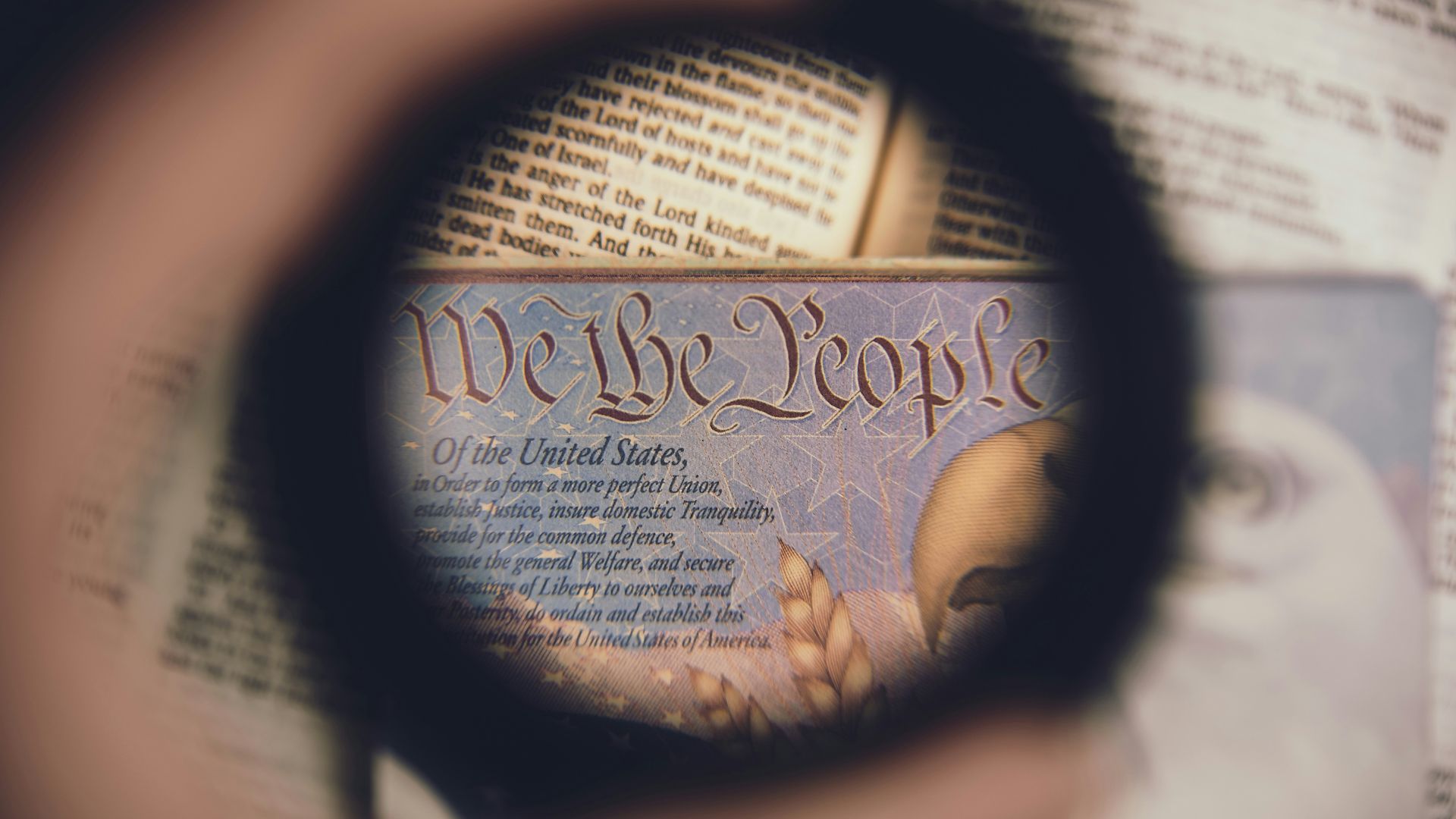
However, that fall start date is now up in the air, thanks to the Oklahoma Supreme Court’s decision that has found that giving public funds to this specific religious charter school would be unconstitutional.
According to the court, the school board’s approval of this Catholic charter school doesn’t just violate the Establishment Clause, which bans the government from making a law that respects a religious establishment. It also goes against state law, as well as the Oklahoma and United States constitutions.
An Overwhelming Decision
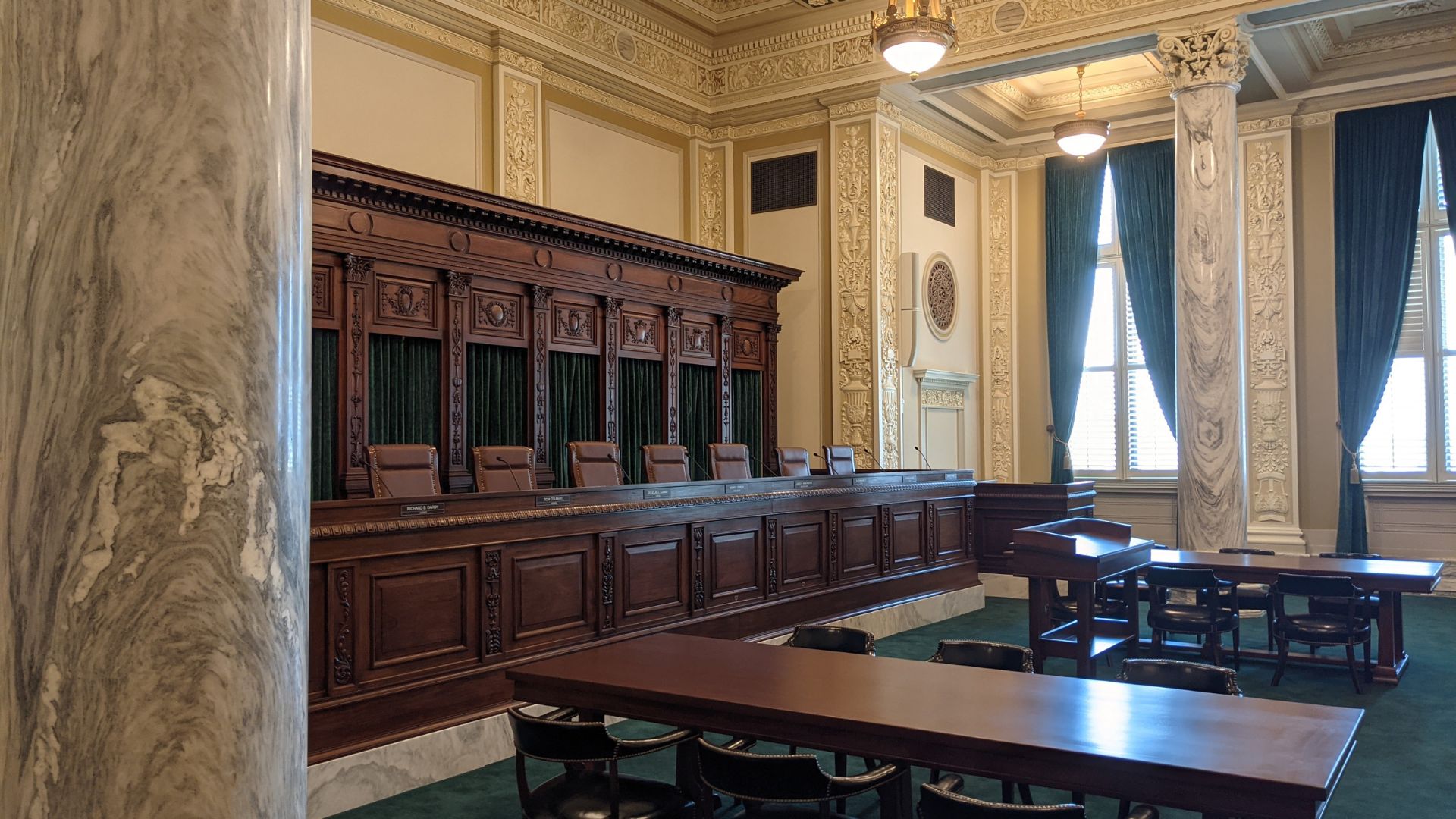
This 7-1 decision by the Oklahoma Supreme Court pushed that charter schools that receive public funds must not be religious. Justice James Winchester, who was appointed by the former Republican Governor Frank Keating, wrote the court’s majority opinion and explained this ruling.
Winchester wrote, “Under Oklahoma law, a charter school is a public school. As such, a charter school must be nonsectarian. However, St. Isidore will evangelize the Catholic school curriculum while sponsored by the state.”
The Dissenting Opinion

Justice Dana Kuehn was the lone dissenter after one justice concurred with the majority in part, while the Chief Justice recused himself.
Kuehn argued in her dissent that not allowing St. Isidore from being operated as a charter school actually violates the Free Exercise Clause of the First Amendment in the U.S. Constitution.
Using Religious Schools as Other Options

According to Kuehn, it’s not unconstitutional to send public funds to charter schools if they’re considered religious schools — as long as there are other state-funded charter schools that aren’t religious.
By excluding St. Isidore from receiving this approval, Kuehn claims that the First Amendment is being violated.
Not Sponsoring Any Religious School
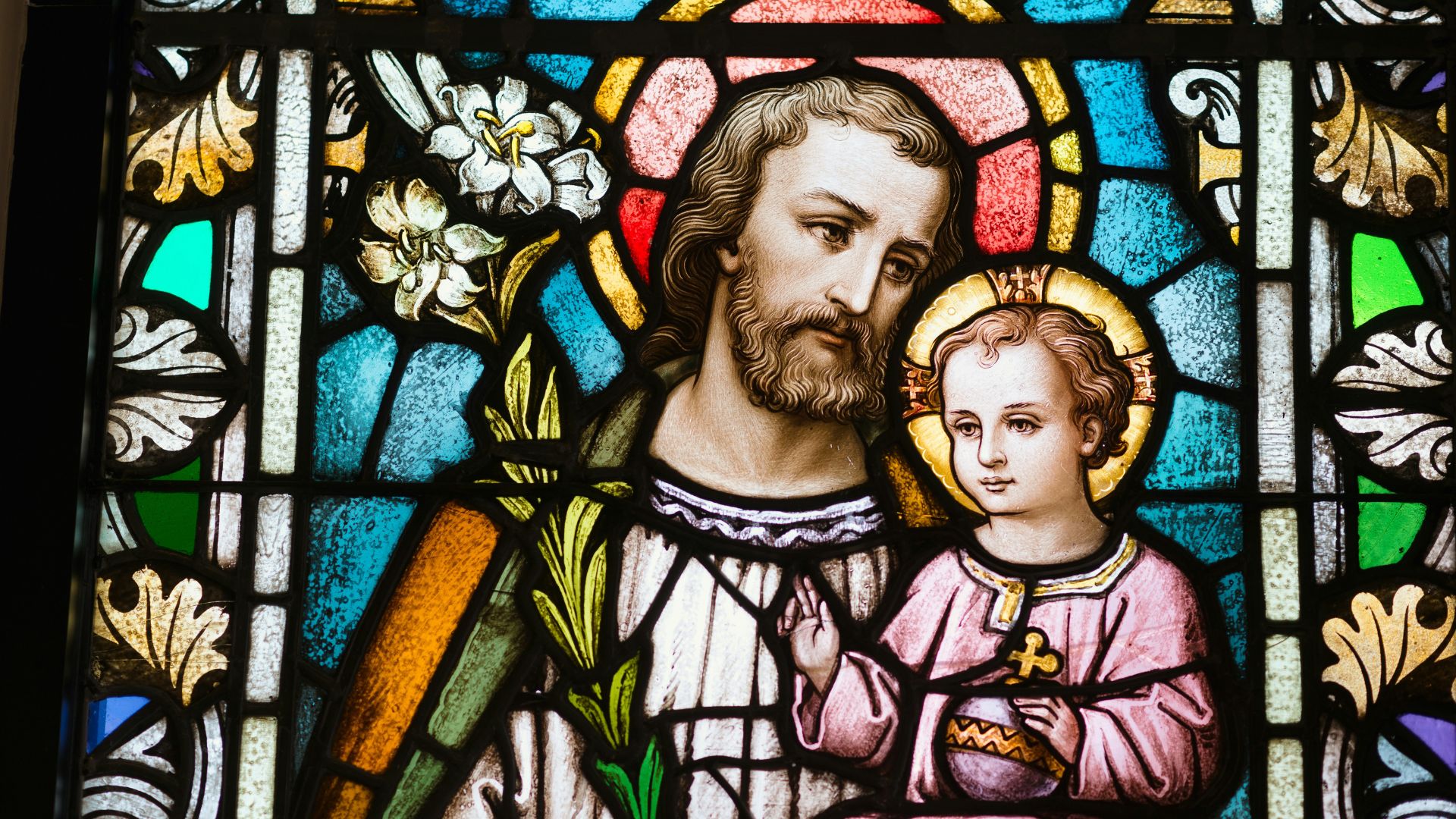
Many — including the majority of the Oklahoma Supreme Court — disagree with Kuehn’s stance. Attorney General Drummond applauded the court’s decision by explaining that the state shouldn’t sponsor any religious school at all.
Drummond stated, “The framers of the U.S. Constitution and those who drafted Oklahoma’s Constitution clearly understood how best to protect religious freedom: by preventing the state from sponsoring any religion at all.”
Looking to the U.S. Supreme Court
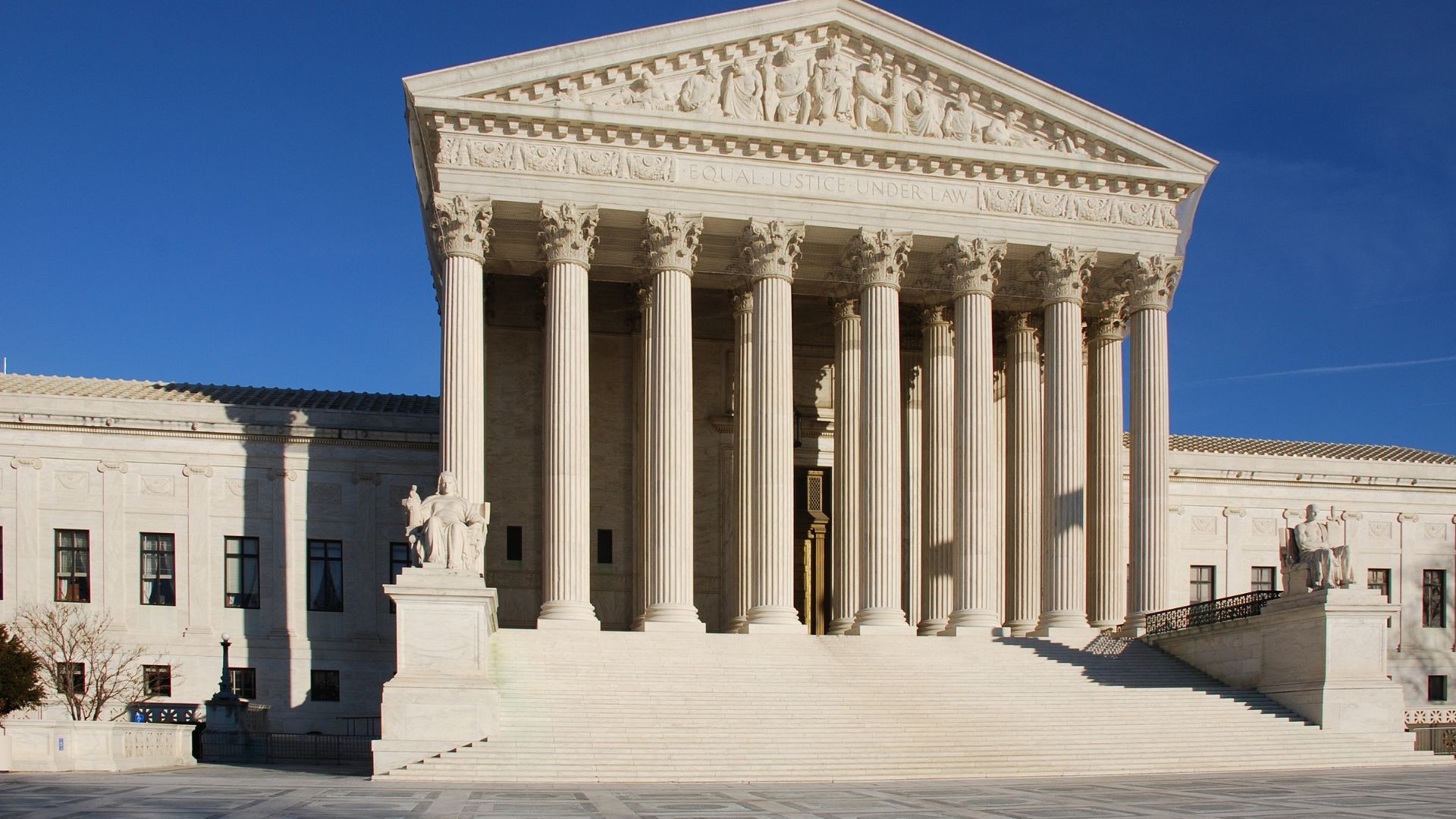
The state’s Republican Governor Kevin Stitt has long supported the board’s decision to allow St. Isidore to become a charter school. Stitt has expressed his disappointment over Drummond’s challenge, as well as the court’s decision.
However, the governor also seems optimistic that the U.S. Supreme Court could now try this case and decide, once and for all. Many conservatives have increasingly felt that the U.S. Supreme Court would side in their favor in issues revolving around religious charter schools.
Stitt’s Response
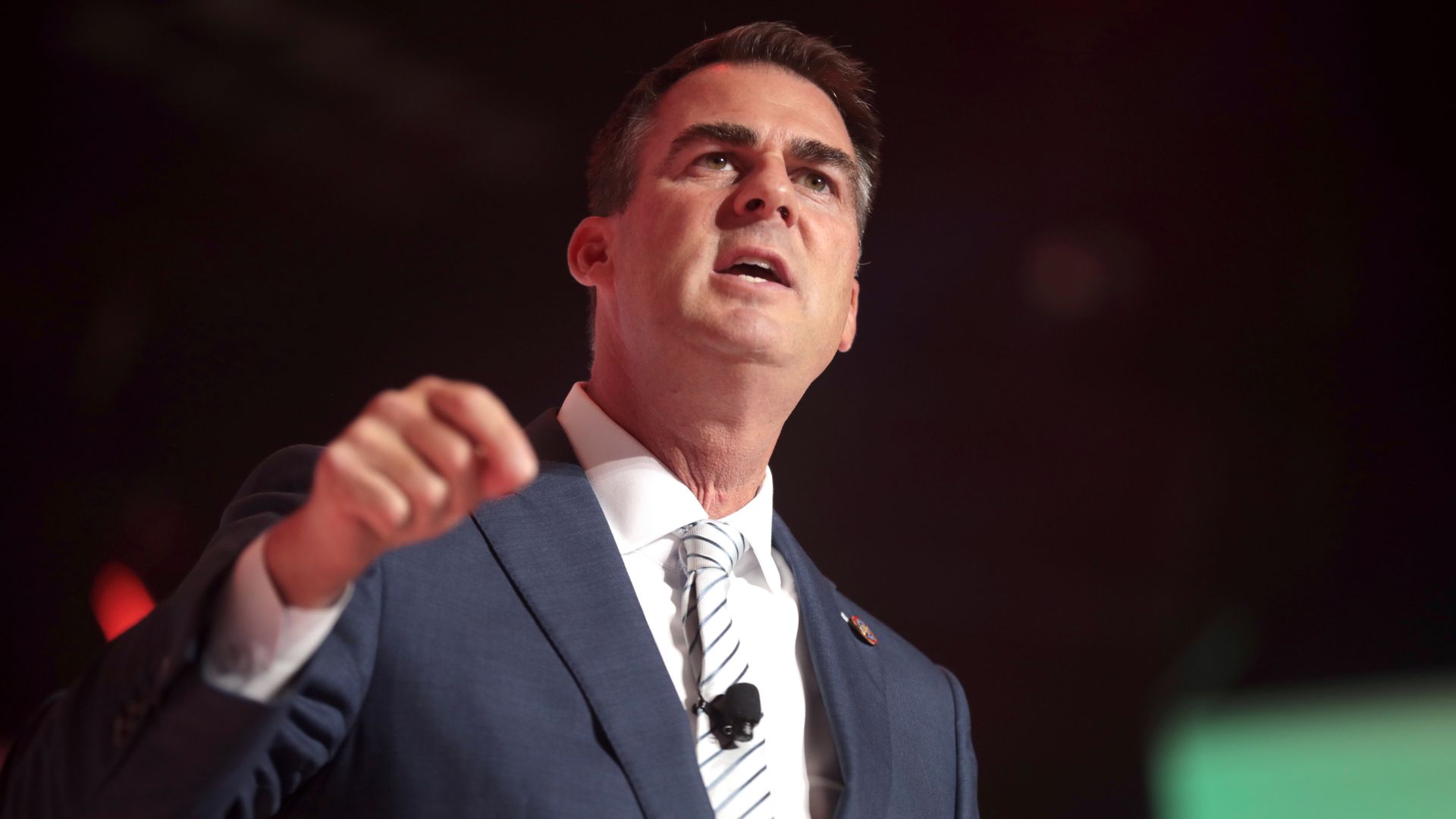
Stitt has stated that he’s worried this message tells religious groups that they aren’t first-class citizens as everyone else is.
“I’m concerned we’ve sent a troubling message that religious groups are second-class participants in our education system,” Stitt said. “Charter schools are incredibly popular in Oklahoma – and all we’re saying is: we can’t choose who gets state dollars based on a private entity’s religious status.”
Other Conservative Efforts Pushing Religion in Public Schools
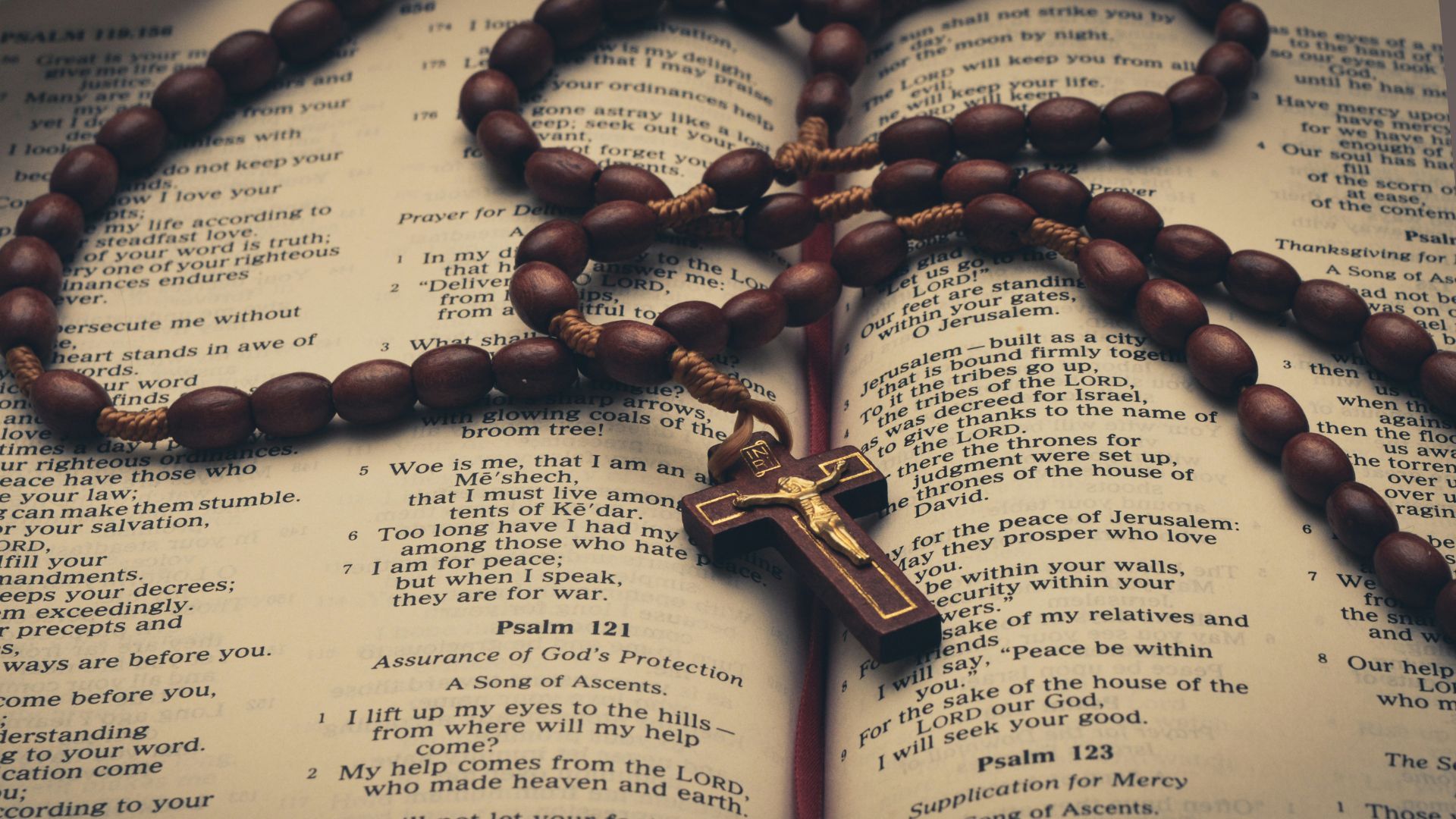
This Oklahoma Supreme Court decision comes as many other GOP-led states throughout the country have pushed for religion to be more apparent in public schools.
Most recently, Louisiana has ordered all public schools to have the Ten Commandments posted in their classrooms, a move that many critics have claimed is unconstitutional.
